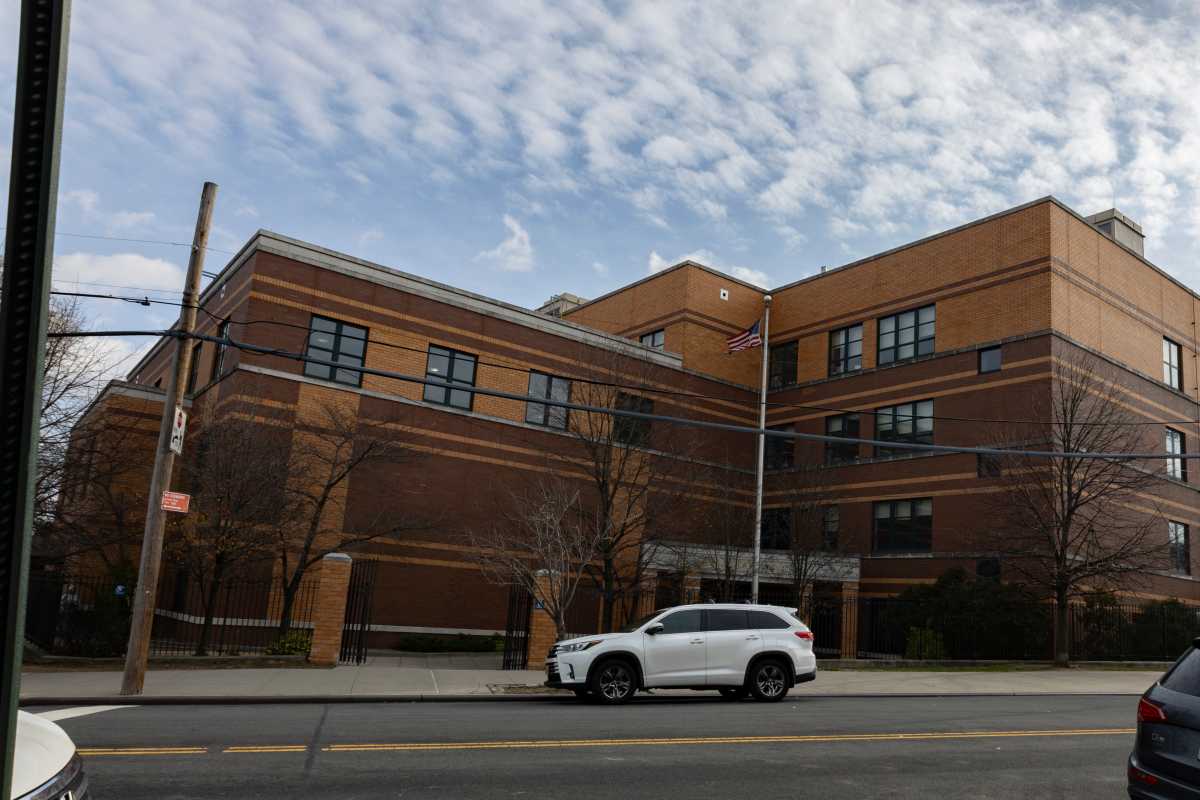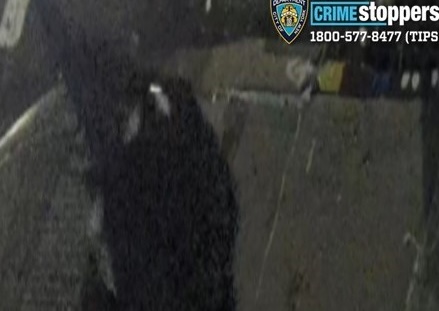By Rachel Breitman
If we are what we eat, a society addicted to factory-farmed beef, exotic fruit from across the globe, and sugary junk food is in BIG trouble.
So says “Milk ’n’ Honey,” a multi-media play based on interviews with diabetics, dumpster divers, farmers, eating disorder patients, advertising executives and waiters on the tangled trail from the farm to the dinner table.
The Food Theater Project, a brain-child of the 7-year-old Lightbox Theatre Company, created the play as a marriage of unlikely partners: live theater and agricultural activism.
“We first got the idea in 2003,” recalls director Ellen Beckerman. “We were trying to figure out how we were participating in the political system. I had been reading ‘Fast Food Nation’ and decided food was something that is very personal and very political that touches everyone.”
The play, which premieres October 21 at the 3-Legged Dog Art and Technology Center, has plans to tour the country. Woven into its fictionalized storyline are documentary elements obtained with the help of playwrights Madeleine George, Bray Poor, and C. Andrew Bauer. The multimedia performance includes videotaped monologues, recorded excerpts from congressional hearings, and original music both caught on tape and performed live.
As its narrative backdrop, the play features a well-fed diner eating a meal from beginning to end. As he enjoys each of his five courses, a myriad of stories unfold, including the migrant worker who picked the fruit, the flavor chemist who tweaked the taste, the working class waiters who served the meal, the diabetic sickened by the dessert and the dumpster diver who ate the leftovers.
The show helps redefine forbidden fruit by breaking down the politics behind a meal, from the Cheeseburger Bill, which prevents people from suing fast food companies for health problems, to endlessly futile food pyramid hearings, and the massive farm subsidies pioneered by Nixon’s Secretary of Agriculture, Earl Butz.
By encouraging farmers to grow bumper crops of low-quality grains like corn, these subsidies condemn much of America to a diet of corn syrup-laced sweets, corn-fed chicken and beef, all fried in corn oil.
For those who still have an appetite after seeing the migrant worker’s back-breaking labor and the diabetic’s sugar-induced sickness, the After Show Café offers free refreshments and a platform for nightly food-themed speakers. Far from being the food police, the café’s coffee and cupcakes remind the audience that a sweet tooth is hardly verboten.
“We aren’t trying to turn people off food,” says Beckerman. “The play is about celebrating food and realizing that we are connected to people halfway around the globe who are picking the food, processing the food and serving the food.”
Taking the sometimes-tantalizing, sometimes-nauseating stories beyond the stage, the Food Theater Project will conduct month-long youth workshops to help teachers and students create their own food documentary plays.
Using the food-centered theme, the company tapped donations from food foundations like Ben & Jerry’s, Puffin, and W.K. Kellogg, many of which were new to the arts scene.
“Normally Lightbox is funded by groups that support art and theater, but we are trying to connect foundations involved in social change with the arts,” said Beckerman. “They may be happy to fund you if you put food on someone’s table, but it is hard for them to understand that connecting people through a live performance is just as valuable.”
“Milk ’n’ Honey.” Directed by Ellen Beckerman. October 21-November 18 at 3LD Art and Technology Center, 80 Greenwich St. near Rector, 212-388-7371, lightboxtheatre.org.


































